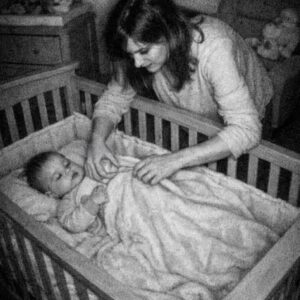The death of a loved one often raises deep spiritual questions—one of the most common being what happens to the soul during cremation. Beliefs vary widely, shaped by religion, culture, and personal philosophy. While cremation is a physical process, the soul’s journey remains a spiritual mystery interpreted differently across traditions.
In Hinduism and Buddhism, cremation is seen as a vital step in the soul’s transition. Hindus believe fire helps release the eternal soul (Atman) from the body, allowing it to move on in the cycle of rebirth. Buddhists view cremation as symbolic of impermanence and as a way to aid consciousness on its path through reincarnation.
Christianity has become more accepting of cremation, even though traditional practices once favored burial due to belief in bodily resurrection. Most Christians now hold that the soul’s fate—whether heaven, hell, or purgatory—is determined by faith and God’s judgment, not the condition of the physical body.
Islam strictly prohibits cremation, emphasizing the need to treat the body with dignity through burial. Meanwhile, spiritual and secular individuals may see cremation as a natural return to the earth. For some, the soul lives on in memory or merges with the universe; for others, it’s simply the end of consciousness, with cremation seen as a practical choice.





